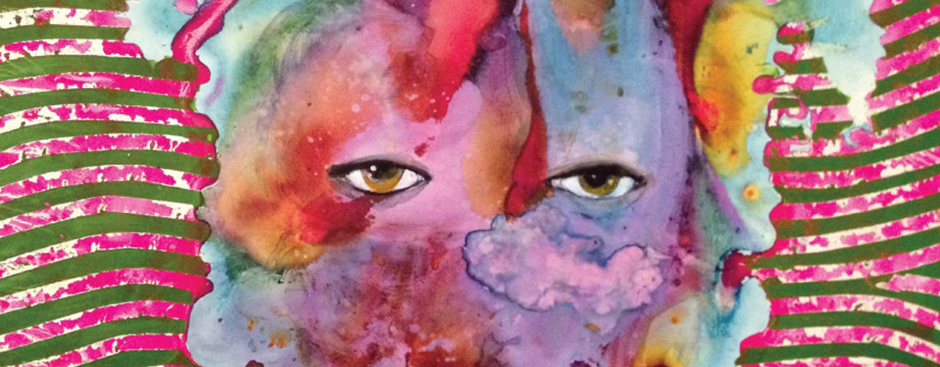Radical Imagination
Slide One: Radical Imagination
communal envisioning – communal dreaming -prefigurative politics – decolonization – radical world-building – futurism
Slide Two: Radical imagination is the process of collectively imagining a world, life, and society beyond the limitations of what is currently deemed “possible..”
Radical imagination is about questioning everything around us, dreaming of different futures and then working in the present to bring those visions to fruition. This requires us to understand the root causes of inequality and oppression and learn from the past to understand how we got here and how we can grow and move beyond.
Slide Three: In other words, capitalism, neocolonialism, patriarchy, and white supremacy are systems of power which themselves reproduce harmful types of people and relationships; but at the same time, these systems are also reproduced by actions of and relationships between people.
This is a vicious, reinforcing cycle of harm.
Slide Four: We know what we are fighting against but what are we fighting for?
“Without new visions we don’t know what to knock down. We not only end up confused, rudderless, and cynical, but we forget that making a revolution is not a series of clever maneuvers and tactics but a process that can and must transform us” – Robin D. G. Kelley
Slide Five: Radical imagination in a collective process that requires collaboration and sharing of experiences, languages, stories, ideas, art, and theory. We come together to confront deeply rooted social institutions and systems of power, knowing we have the power to change them.
The goal is not to imagine one “utopian future,” but to create multiple, overlapping, contradictory, and coexistent imaginary landscapes, horizons of common possibility and shared understandings.
Slide Six: “We don’t want a world where everyone’s imaginations are the same. But if we work hard, and we create intentional spaces, we can sometimes synchronize our imaginations, like the common beat of many drums.” – Alex Knasnabish
Slide Seven: Radical imagination is a continual process of: Learning – understanding – dreaming – organizing – enacting – reflecting – revising
Slide Eight: Radical imagination requires action. We must transform our social lives, relationships, values and ourselves to build alternative social structures and institutions.
Radical imagination within movements allows us the space to dream of alternative futures and organize to bring these visions to fruition. This can be done concretely through things like housing cooperatives, community gardens, an organized social movements, but also abstractly by building new relationships with friends and family and community members.
Many social movements work to “prefigure” change (a practice of enacting the world we are building in the future, today). This is done through practicing things like non-hierarchical organization, building systems of care, practicing radical solidarity, acceptance, and accountability.
Ultimately, the aim is to bring about radical change in the way society is “reproduced.”
Slide Nine: Radical imagination is a rejection of cynicism, doomism, and dominant power structures. It centers our capacity to imagine and find commonality with the struggle of others.
This allows us to:
- Build solidarity that subverts imagined borders and boundaries
- Address the root causes of inequality, oppression and injustice
- Reject the reproduction of the status quo that limits our imagination of our capacity for change
- Understand the ways in which oppression is similarly and distinctly faced by different communities
- Join in collective struggle to build alternative worlds.
Slide Ten: Radical imagination is building on the legacy of Black, Indigneous, People of Color, queer and trans, disabled, working class, femme, and revolutionary people who refused to accept the violence of the status quo and have come together to dream and fight for a future that honors humanity, care, and collective liberation.
Sources and Further Reading

- Freedom Dreams – The Black Radical Imagination
- The Radical Imagination: Social Movement Research in the Age of Austerity
- We Do This Til We Free Us
- Emergent Strategy
- Parable of the Sower
- Care Work: Dreaming Disability Justice
- Octavia’s Brood: Science Fiction Stories from Social Justice
Has anyone ever suggested to you that an idea of yours was outside the realm of possibility? What’s one of the most “out-there” ideas you remember coming up with? Please share your thoughts and experiences with us in a comment below.
-Your Friends at Undoing Racism


